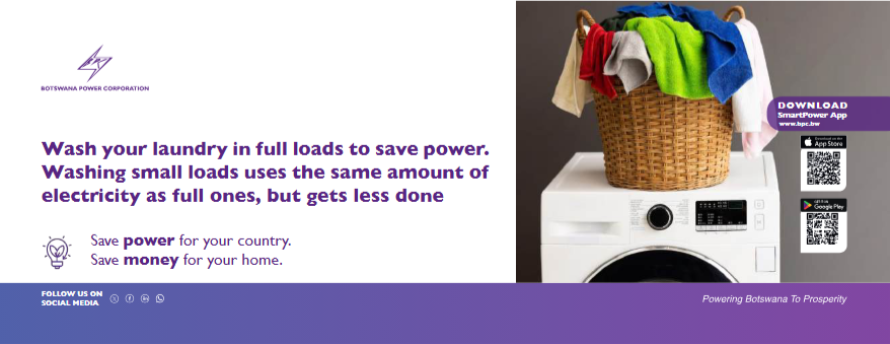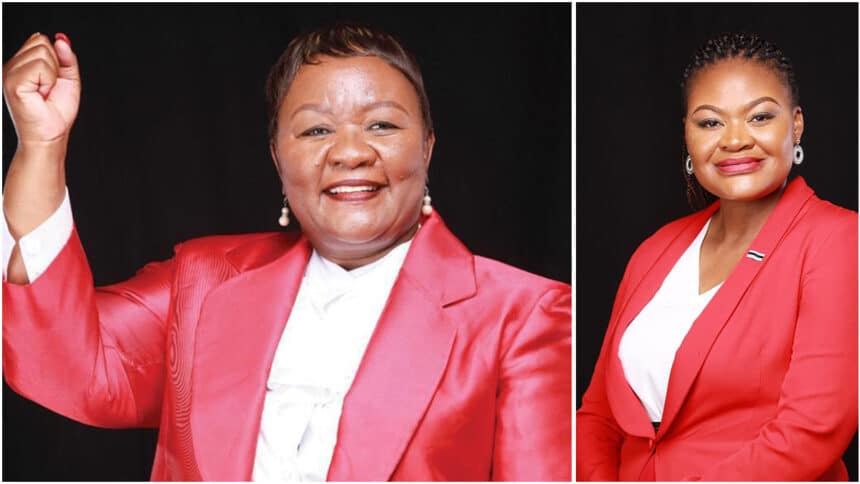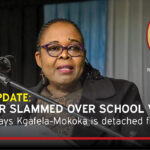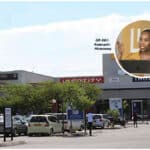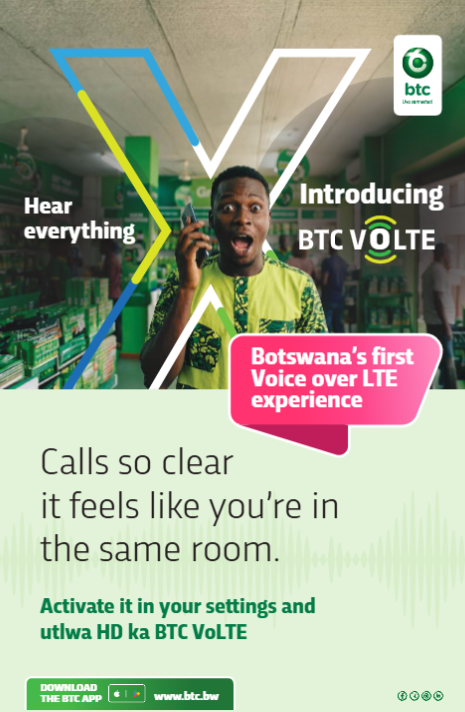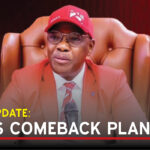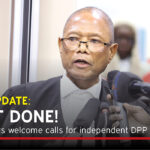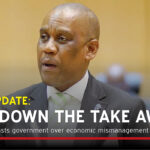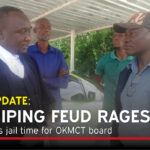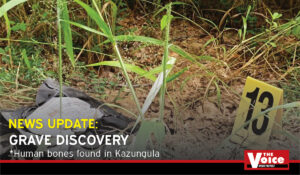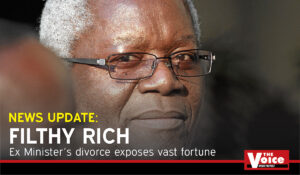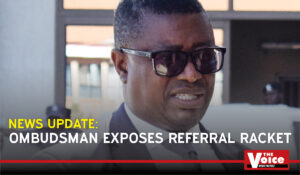According to a UN Women report – ‘Facts and figures: Women’s Leadership and Political Participation’ – just six countries in the world have 50% or more women in their parliaments, with Rwanda boasting the highest female representation at 61%, followed by Cuba at 56%, Nicaragua 54%, and Andorra, Mexico, New Zealand and the United Arab Emirates at 50%.
Meanwhile, in our beloved Botswana, women made up a paltry 11.1% of the twelfth parliament.
Taking into consideration these disappointing numbers, Voice Woman has dedicated the next weeks to interviews with the current women parliamentary candidates in an effort to boost their electoral campaigns.
First, we speak with Assistant Minister of Trade and Industry, Beauty Morukana Manake, and former High Commissioner to Australia, Dorcas Kobela Makgato, who will be contesting in the Phikwe West and Tswapong South consitituencies respectively.
BEAUTY MORUKANA MANAKE – SELEBI PHIKWE WEST
Why have you decided to stand for election?
I am a dedicated leader and a champion for community advocacy and engagement.
As someone who deeply understands the needs and aspirations of our community, I want to be a voice for those who feel unheard and ensure that government policies I take part in formulating reflect the concerns and dreams of everyday people, especially in Selebi Phikwe West.
My decision to run stems from a desire to build a future where opportunities are abundant and self-made.
This is evident in my campaign message where I preach self-sufficiency for Batswana through programmes such as Chema Chema, Thuo and Temo Letlotlo and other government initiatives.
In the 12th parliament, I served as the Assistant Minister of Agriculture where I contributed and spearheaded several policy reviews and formulations: the review of the ISPAAD programme to the now famous Temo Letlotlo.
I also lobbied for the vegetable import restriction, which improved horticultural farmer confidence and a reduction in the vegetable import bill among other policies.
Currently, I serve as the Assistant Minister of Trade and Industry where I continue to lobby for initiatives that empower the ordinary Motswana who is in business.
I continue to make footprints even before becoming victorious.
I have many groups and community leaders I’ve worked with; among other things I have donated soccer kits to all teams in the first division, all soccer social clubs in Phikwe West, organised the famous Sing for Hope competitions where winners walked away with P100,000; I organised the Ornamentals Market Day in Phikwe, which was graced by buyers from different towns and cities in Botswana and many other activities that engage and empower the community.
I am a well-rounded leader, a community advocate par excellence, who serves as the patron of Nico United Football Club, Selebi Phikwe Softball Extravaganza and the Kwa Chomeleng Cultural Festival.
What are your key priorities if elected?
One of my key priorities once elected is economic diversification.
Selebi Phikwe is a mining town, mining is not a sustainable economic activity.
Economic diversification through sports tourism, ornamentals export to reduce flower import bill, capacitation of creatives in Selebi Phikwe are one of my focus areas once I emerge victorious.
I have organised all Phikwe Creatives under one roof to form a co-operative.
What has been the biggest challenge you’ve faced thus far?
The biggest challenge this 2024 election is resource mobilisation; elections need a lot of resources and those are not easy to mobilise.
One of the challenges for women who choose forefront politics is the unfair and biased media and public scrutiny.
Women candidates are micro-managed and watched closely by both the public and media, and sometimes unfair and harsh comments are made.
DORCAS KOBELA MAKGATO – TSWAPONG SOUTH
Why have you decided to stand for election?
I have decided to stand again for the position of MP for Tswapong South, largely to do with the fact that I have unfinished business, in terms of the developments I have been pushing for; the ones I started in the 2014 – 2019 season.
I would like to continue where I left off in order to complete that journey with my constituency.
Most importantly, to inspire both young people and women that you must pick yourself up, dust yourself off, and start all over again; the fact that I lost an election cannot determine my destiny.
So, I am in this campaign to also prove that o ka sekama, wa tsoga, wa tswelelela and it’s okay.
What are your key priorities if elected?
My priorities, currently, are to push for projects that are contained within the National Development Plan and those that are not contained; also to go and engage with government, to use my experience of understanding the processes of government, to go and ensure that projects that are designated for our constituency happen, e.g. Ramokgonami Police Station, go phatlalatsa metsi a tswang from the North-South carrier.
I lobbied for us to get water from the North-South carrier; the infrastructure right now has to be aligned across the entire constituency.
Further, my priority also is to engage with our youth; I intend to have some programmes that deal with mindset change, to assist them to be able to take advantage of the various government programmes from which they can generate employment.
What has been the biggest challenge you’ve faced thus far?
The general challenge as a woman contesting elections in a patriarchal society has to do with one’s ability to give everyone across the board the confidence that as a woman you can make it.
Throughout my career, I have served and excelled in male-dominated industries or sectors, giving my male counterparts the confidence that I can deliver, whether in sport, hence I was voted by men because I am able to engage them.
The other challenge, naturally, is financial because I’m running a campaign though not in active employment.
So, getting sponsors to assist has been the biggest challenge. Moreover, time has also been a great challenge as I have been away for 4 years in active engagement in Australia, with little time to run a campaign, win and deliver a constituency in 6 months.
Other than that, it’s been an exciting time reconnecting with my constituency.
The use of propaganda against us as women is rather prevalent, however, I don’t waste time with propaganda!
